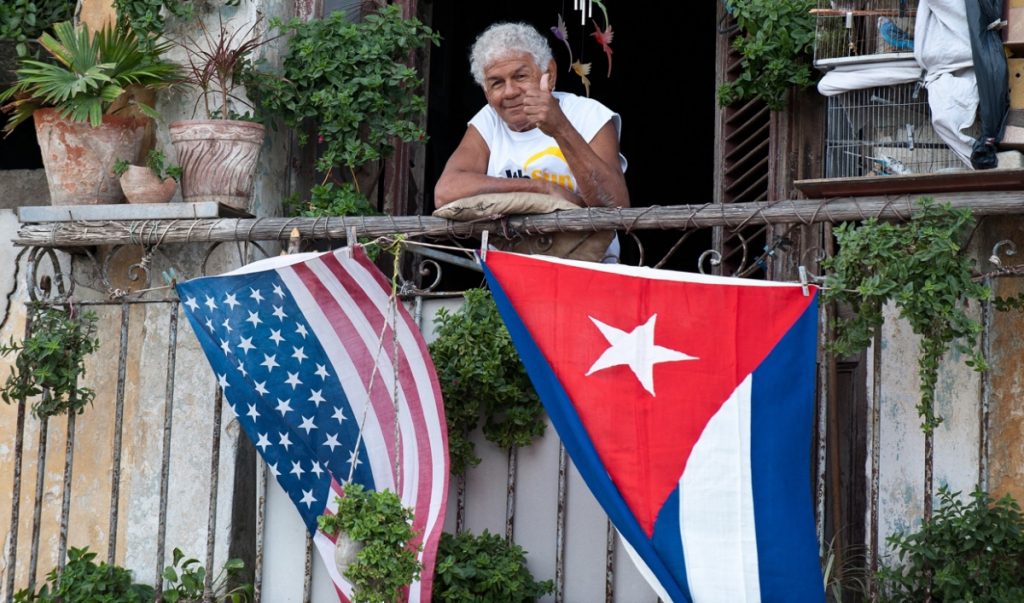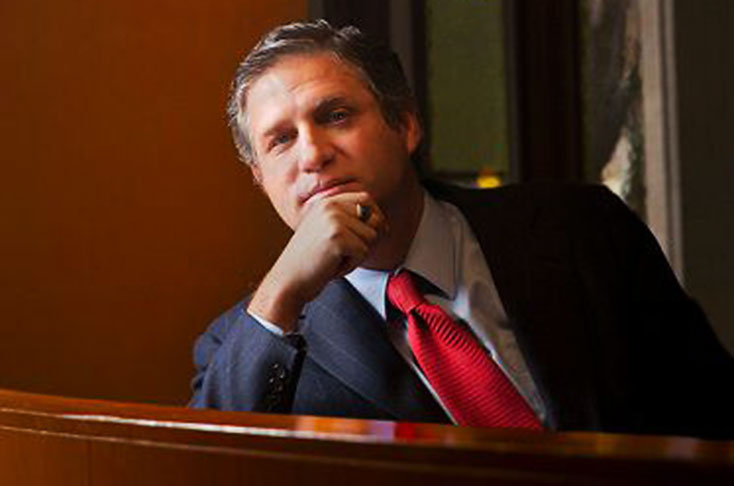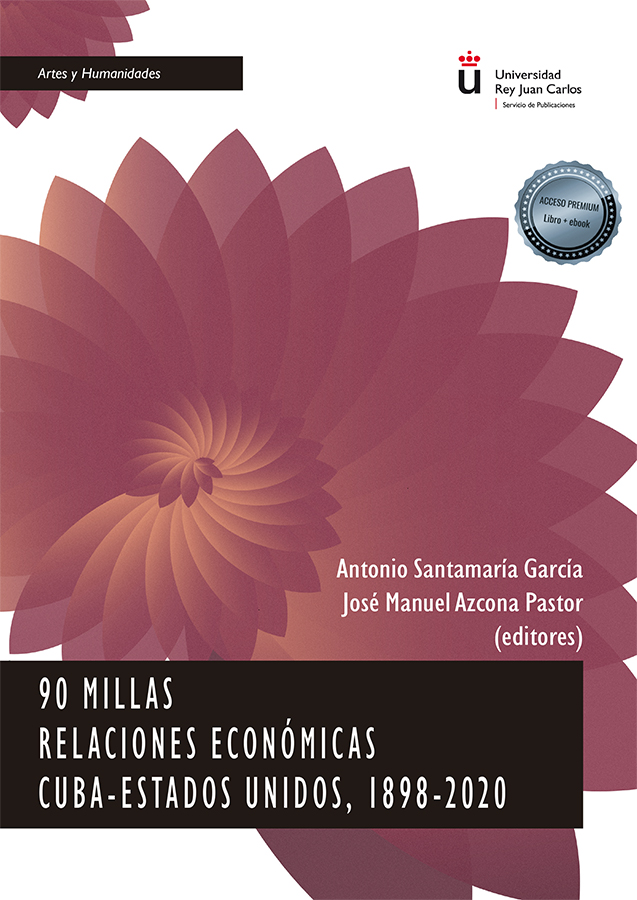Complete Article: U. S. – Cuba Relations in the Biden Era

EXECUTIVE SUMMARY
This paper makes a renewed case for engagement with Cuba as the best way for the United States to advance its national interests, reassert its regional leadership, reduce resistance to reform within the Cuban government, and promote a freer, more prosperous future for the Cuban people. It also argues that the United States should continue to highlight Cuba’s democratic failings and support actors across the spectrum of Cuban society who work to ensure that greater economic and civic
freedoms are guaranteed on the island.
The United States and Cuba must learn from both the successes and missed
opportunities of their last period of détente. As President Joseph R. Biden Jr. looks to fulfill his pledge to return to a policy of engagement with Cuba, both countries must strive to make the normalization of relations resilient in order to insulate progress from unpredictable political cycles. Getting there will require both governments to negotiate cooperation agreements and facilitate private sector economic arrangements that can sufficiently cement diplomatic relations and socio-economic integration between the two countries. In many instances, progress may only be achieved through individual but parallel policies that both reduce exposure to codified
U.S. embargo sanctions and generate the political space necessary for the U.S. Congress to lift them. For Cuba, this means taking advantage of the next four years to advance meaningful economic liberalization and guarantee greater rights for Cubans both at home and abroad. For the United States, it means abandoning its centerpiece policy of regime change and allowing Cuba’s future to be determined by and among Cubans themselves.
This may seem like a daunting task, but circumstances are still conducive for meaningful diplomatic breakthroughs between the historic Cold War adversaries. The devastating effects of the Covid-19 pandemic have prodded Cuba to finally overhaul its dual-currency system and commit to further market liberalization. Cuban authorities have an opportunity to signal to their citizens, the Cuban diaspora, and Washington that they are finally willing to bring their country into the 21st century. But effective follow-through is less likely if the United States continues to be seen as
attempting to exploit the crisis by maintaining blanket sanctions under the illusion that further pressure will cause the Cuban government to break.
Thus, we recommend that the Biden administration pursue a multi-pronged approach to get bilateral relations immediately back on a more constructive track, regain control of the narrative, and incentivize further reforms in Cuba. Prioritizing early moves that have a clear and visible impact on the lives of Cubans on the island and abroad will help restore public support for engagement among Cuban-Americans. The new administration should also place equal emphasis on addressing some of the more intractable issues that divide both governments early on.
Track 1: Restore Support for the Cuban People as a Policy Priority and Rebuild Trust
a. Reverse policies that have unduly harmed the Cuban people. This includes, but is not limited to, lifting restrictions on commercial and charter flights, ending remittance caps, restoring consular services in Cuba, restarting the Cuban Family Reunification Program, reinstituting the five-year multiple-entry visa for Cuban nationals, and revising banking and finance regulations to ensure the continuity of formal remittance transfers and correspondent banking in Cuba.
b. Restore support for the Cuban private sector as a policy priority.
c. Resume and bolster public health cooperation with Cuba to combat Covid-19.
d. Restore and strengthen working-level diplomatic ties by appointing an
ambassador to lead U.S. Embassy Havana (or a chargé d’affaires with
ambassadorial rank if the Senate is unlikely to confirm an ambassadorial
appointment), initiating bilateral talks to fully re-staff the U.S. and Cuban
embassies with security guarantees, and resuming bilateral cooperation on
national security issues.
e. Implement additional confidence-building measures—like ordering an
immediate apolitical review of Cuba’s re-designation as a State Sponsor of
Terror, updating and restoring the 2016 Presidential Policy Directive “United States-Cuba Normalization”, and once again waiving Title III of the Helms- Burton Act—that improve the climate for success on higher-profile, longer- term impediments to normalization, such as those identified under Track 2.
f. Create, through recurring public events, private consultations and official visits to South Florida, feedback mechanisms whereby the Biden administration can engage the Cuban American community on Cuba policy and gain input from a diversity of Cuban American community leaders and members in return.
Track 2: Tackle the “Tough Stuff” and Make Normalization Stick Through High-Level, Direct Diplomacy
a. Designate a Special Representative for Cuba or other high-level
administration official(s) to negotiate cooperation agreements, private sector economic arrangements, and roadmaps for resolving long-standing disputes between the United States and Cuba, with the aim of deepening socio- economic ties between both countries. Breakthroughs in negotiations on U.S. property claims, the Venezuelan crisis, and private sector trade can build momentum and shift the calculus for normalization on Capitol Hill.
Track 3: Respond to Openness with Openness
a. As the Cuban government moves to recognize greater rights for its
citizens and nationals, and opens opportunities for U.S. and diaspora direct
investment, respond with U.S. economic openings allowed by executive
authority.
b. In tandem with progress made under Track 2 and/or Track 3(a), seek
congressional support for repealing counterproductive codified Cuba
sanctions, as well as for other targeted initiatives that broaden forms of U.S. assistance and support to the Cuban people beyond democracy promotion alone.
Cuba, for its part, must overcome internal resistance to a more open relationship with the United States and be willing to make changes that will safeguard bilateral relations regardless of which U.S. political party is in power. The Cuban government has long opposed demands for concessions involving their internal affairs or foreign policy. Yet normalization would benefit from less emphasis on process and more emphasis on results. Whether Cuba takes steps toward guaranteeing greater economic and civic
freedoms as a result of bilateral negotiations or internal reforms, the fact remains it must take them if it wishes to free itself from the vicissitudes of U.S. politics.
Meaningful progress in state-diaspora relations, legal investment in the island’s private sector, and guaranteeing greater rights for all Cubans to participate in their county’s economic, political, and public affairs would materially reduce Cuba’s exposure to the dynamics of the Helms-Burton Act and other embargo laws. It would also help to generate the political momentum needed for the U.S. Congress to repeal these statutes once and for all. While standing on principle that it will not compromise its sovereignty, Cuba can and should make internal reforms that are in the interest of the Cuban people and have the corollary benefit of paving a sustainable road to full normalization with the United States. Reality requires movement and energy on both sides to achieve a more lasting rapprochement that can withstand further stress tests in the relationship that are bound to emerge along the way.
After 2020, the window for achieving significant progress toward full normalization may be finite, and the costs of not doing so could be severe. Failure to make relations stick this time around could entrench another generation of Cubans and Cuban Americans on both sides of the Florida Straits in prolonged patterns of mutual suspicion and hostility.











